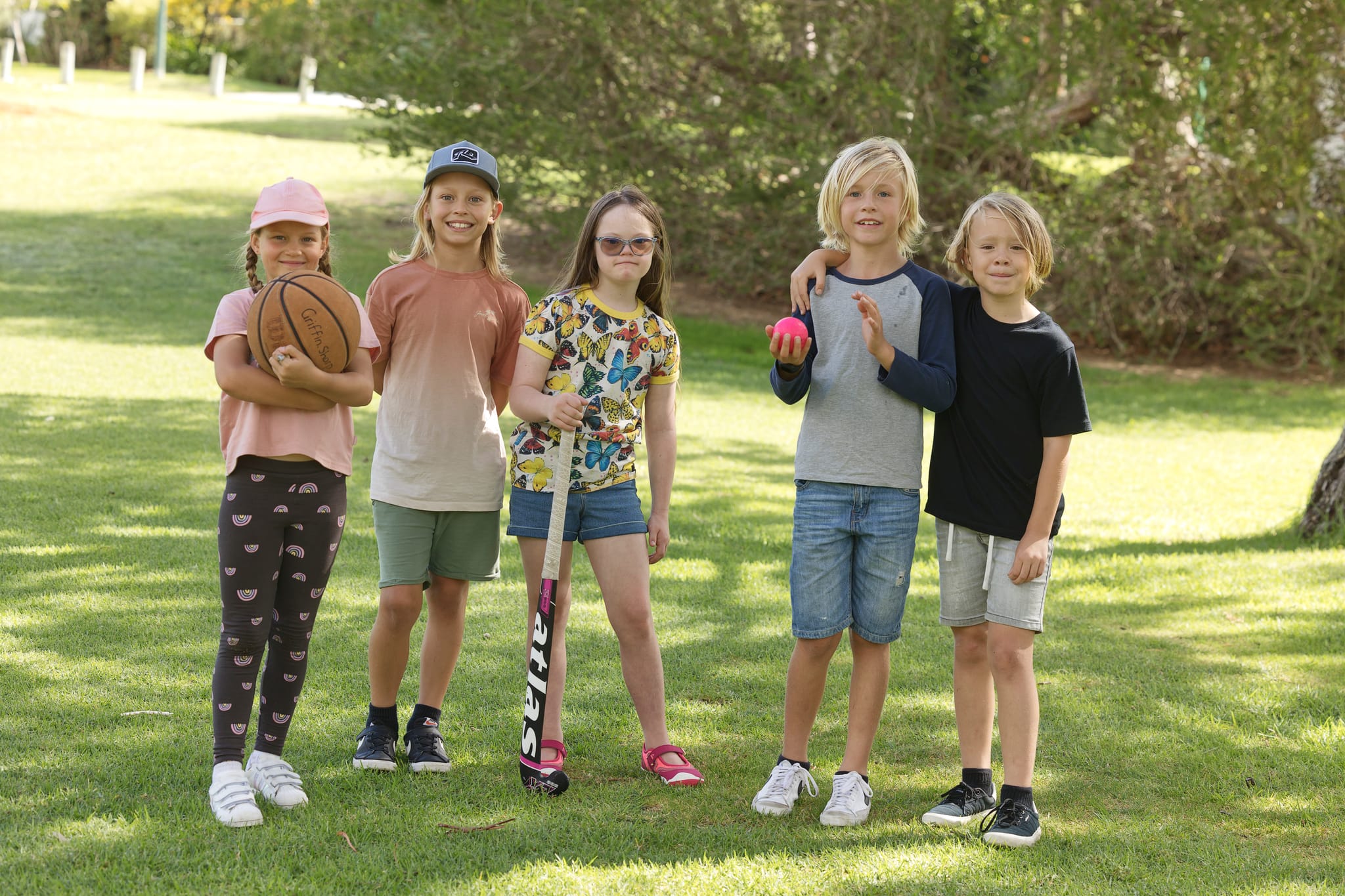Search
Showing results for "early lung health"
We are living in a time of unprecedented risk for noncommunicable diseases (NCDs), such as obesity, cardiovascular disease, diabetes, cancer...
The period of infancy and early childhood is a critical time for interventions to prevent future mental health problems. The first signs of mental health difficulties can be manifest in infancy, emphasizing the importance of understanding and identifying both protective and risk factors in pregnancy and the early postnatal period.
The relationship between early life episodes of otitis media and later behavioural development with adjustment for confounders.
The EU LifeCycle Project was launched in 2017 to combine, harmonise, and analyse data from more than 250,000 participants across Europe and Australia, involving cohorts participating in the EU-funded LifeCycle Project. The purpose of this cohort description is to provide a detailed overview over the major measures within mental health domains that are available in 17 European and Australian cohorts participating in the LifeCycle Project.
In-utero hyperglycemia exposure influences later cardiometabolic risk, although few studies include women with pre-existing type 2 diabetes (T2D) or assess maternal body mass index (BMI) as a potential confounder.
Long-standing health inequalities in Australian society that were exposed by the severe acute respiratory syndrome coronavirus 2 (SARS-CoV-2) pandemic were described as "fault lines" in a recent call to action by a consortium of philanthropic organizations. With asthma a major contributor to childhood disease burden, studies of its spatial epidemiology can provide valuable insights into the emergence of health inequalities early in life.
Mothers of children with intellectual disability or autism spectrum disorder (ASD) have poorer health than other mothers.
Early-life antibiotic exposure is disproportionately high compared to the burden of culture-proven early-onset sepsis (CP-EOS). We assessed the contribution of culture-negative cases to the overall antibiotic exposure in the first postnatal week.

Five researchers from The Kids Research Institute Australia will share in almost $3 million in grants to continue groundbreaking research to tackle childhood cancer, asthma prevention, lung disease and chronic ear infections.
Increased maternal egg ingestion is associated with increased breastmilk ovalbumin, and markers of immune tolerance in infants
